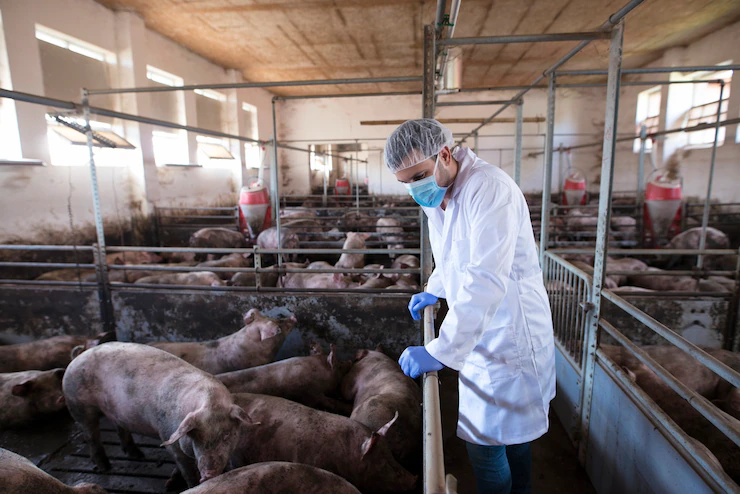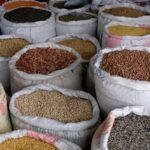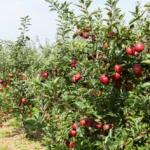Pig farming is an important sector of the agricultural industry in South Africa, providing meat and other valuable products. However, pigs are susceptible to various infections and diseases that can impact their health and productivity. In this article, we will discuss some common infections and diseases that pig farmers in South Africa should be aware of, along with preventive measures and management strategies.
- African Swine Fever (ASF): African Swine Fever is a highly contagious viral disease that affects domestic and wild pigs. It can cause high mortality rates, fever, hemorrhages, and severe economic losses. Strict biosecurity measures, controlling wild pig populations, and avoiding contact with infected animals are crucial in preventing ASF outbreaks.
- Porcine Reproductive and Respiratory Syndrome (PRRS): PRRS is a viral disease that affects the reproductive and respiratory systems of pigs. It can lead to reproductive disorders, increased stillbirths, and respiratory distress. Strict biosecurity measures, proper quarantine protocols, and implementing vaccination programs are vital in preventing and managing PRRS.
- Porcine Epidemic Diarrhea (PED): PED is a viral disease that causes severe diarrhea and dehydration in pigs, especially in young piglets. It can result in significant mortality rates and reduced growth rates. Strict hygiene practices, proper disinfection, and controlling the movement of people and vehicles are crucial in preventing PED outbreaks.
- Swine Influenza: Swine Influenza is a respiratory viral infection that affects pigs. It can cause respiratory distress, decreased feed intake, and reduced growth rates. Vaccination, minimizing stress, and maintaining good ventilation are important preventive measures against swine influenza.
- Porcine Circovirus-Associated Diseases (PCVAD): PCVAD is a group of diseases caused by Porcine Circovirus (PCV). It can result in weight loss, respiratory problems, and increased mortality rates. Strict biosecurity measures, proper vaccination, and good management practices are crucial in preventing and managing PCVAD.
- Porcine Parvovirus (PPV): PPV is a viral infection that primarily affects reproductive functions in pigs. It can lead to infertility, reproductive failure, and mummified fetuses. Implementing strict biosecurity measures, regular testing, and proper vaccination protocols are important for preventing PPV.
- Brucellosis: Brucellosis is a bacterial infection caused by Brucella species. It can result in reproductive disorders, including abortion, stillbirths, and reduced fertility. Strict biosecurity measures, regular testing, and culling of infected animals are crucial in preventing the spread of brucellosis.
- Porcine Dermatitis and Nephropathy Syndrome (PDNS): PDNS is a viral disease that primarily affects the skin and kidneys of pigs. It leads to skin lesions, kidney damage, and poor growth rates. Strict biosecurity measures, maintaining proper hygiene, and implementing vaccination programs are important in preventing PDNS.
Conclusion: Pig farmers in South Africa should prioritize the health and well-being of their herds by implementing proper biosecurity measures, regular veterinary check-ups, and preventive strategies. Maintaining a clean and hygienic farming environment, practicing strict quarantine protocols for new animals, and implementing vaccination and parasite control programs are crucial for preventing and managing infections and diseases in pigs. By staying informed, collaborating with veterinary professionals, and adopting proactive measures, pig farmers can ensure the sustainability and profitability of their farming operations.
Image by aleksandarlittlewolf on Freepik








